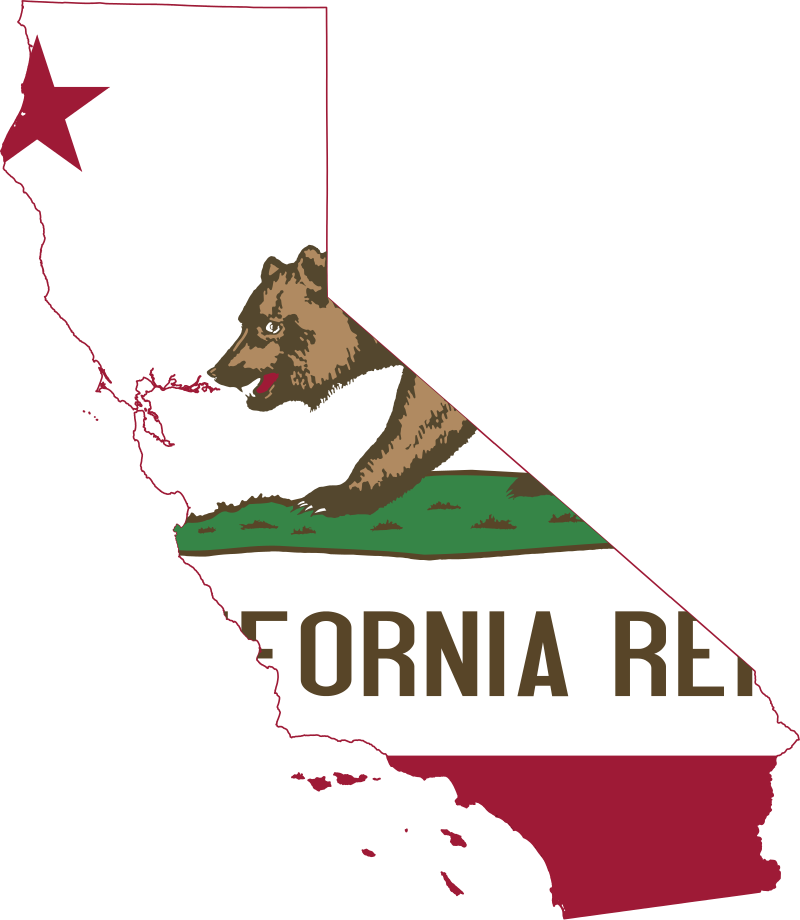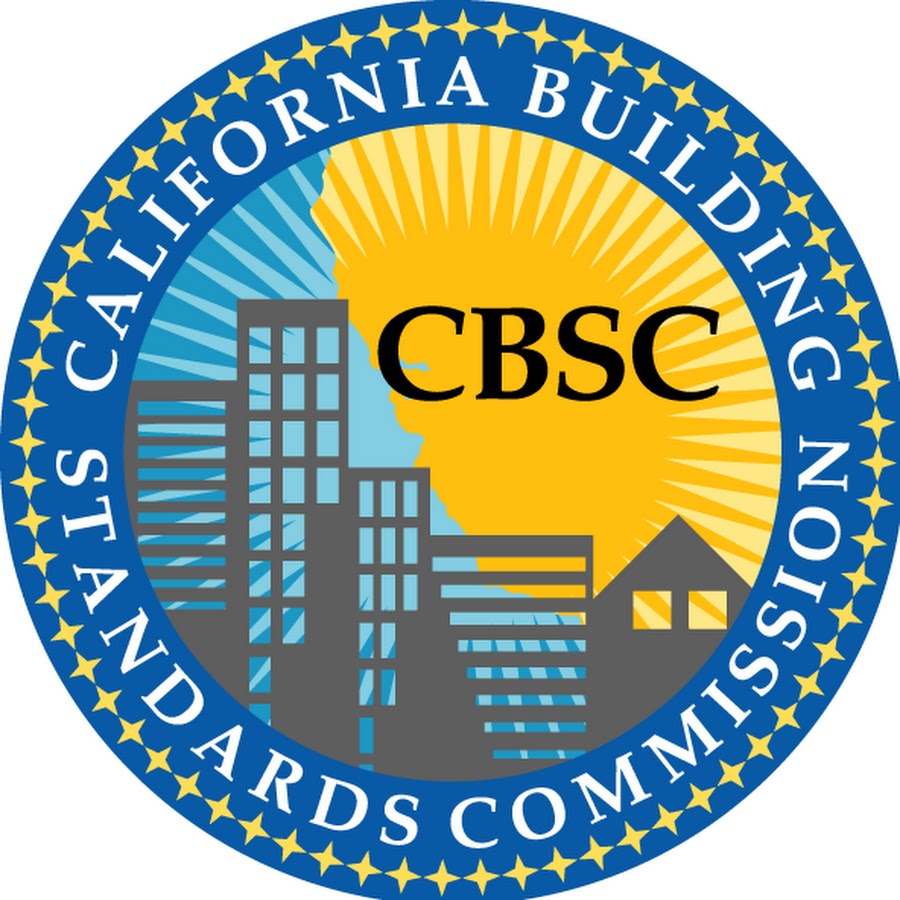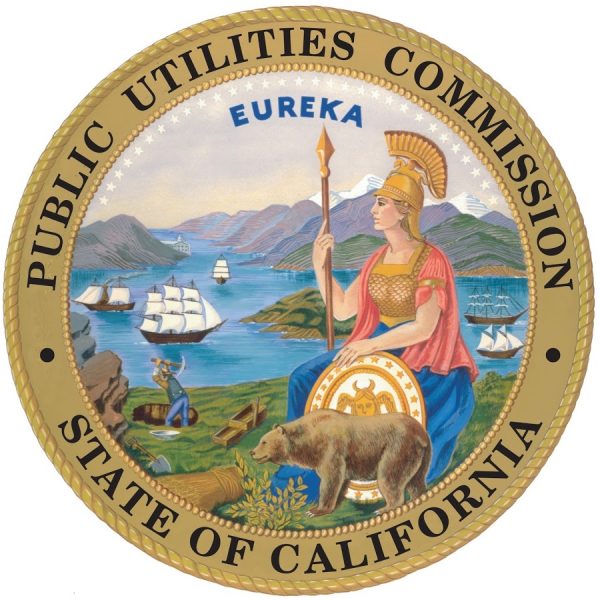
Governors statues. (Photo: lhc.ca.gov)
California’s Little Hoover Commission
The only permanent, independent citizens commission in the country
By Chris Micheli, July 15, 2020 6:20 am
The Milton Marks Little Hoover Commission (LHC) is a bipartisan, independent state oversight agency created in 1962. It is comprised of 13 appointed Commissioners, four of whom are state legislators and nine of whom are public members. Its mission is to investigate state government operations and – through reports, recommendations and legislative proposals – promote efficiency, economy and improved service.
The LHC is the only permanent, independent citizens commission in the country that is charged with improving state government. The LHC began its work in 1962 and, since that time, has issued about 250 reports on various policy areas. And the LHC has posted short essays that highlight the ways Commission research and recommendations can help guide policymakers as they struggle to respond to the COVID-19 pandemic. The Little Hoover Commission’s name and function derive from the federal Commission on Organization of the U.S. Executive Branch, unofficially dubbed the “Hoover Commission” after its chair, former President Herbert Hoover.
The Little Hoover Commission is found in Title 2, Division 1, Chapter 6 of the Government Code. Chapter 6 formally names it “The Milton marks Commission on California State Government Organization and Economy.” Section 8521 sets forth the purpose of the Legislature in creating the LHC is “to secure assistance for the Governor and itself in promoting economy, efficiency, and improved service in the transaction of the public business in the various departments, agencies, and instrumentalities of the executive branch of the state government, and in making the operation of all state departments, agencies, and instrumentalities, and all expenditures of public funds, more directly responsive to the wishes of the people as expressed by their elected representatives.”
Pursuant to Section 8521, the LHC is to achieve its purposes:
(a) By adopting methods and procedures for reducing expenditures to the lowest amount consistent with the efficient performance of essential services, activities, and functions.
(b) By eliminating duplication and overlapping of services, activities, and functions, and time-consuming or wasteful practices.
(c) By consolidating services, activities, and functions of a similar nature.
(d) By abolishing services, activities, and functions not necessary to the efficient conduct of government.
(e) By the elimination of unnecessary state departments and agencies, the creation of necessary new state departments and agencies, the reorganization of existing state departments and agencies, and the transfer of functions and responsibilities among state departments and agencies.
(f) By defining or redefining the duties and responsibilities of state officers.
(g) By revising present provisions for continuing or permanent appropriations of state funds of whatever kind for whatever purpose, by eliminating any such existing provisions, and by adopting new provisions.
Article 1 concerns the creation of the LHC and its membership. Section 8501 establishes the Milton Marks “Little Hoover” Commission on California State Government Organization and Economy in state government. The LHC is composed of thirteen members. These commissioners include nine members of the public and five members appointed by the Governor. Two members of the public are appointed by the Senate Rules Committee and two public members by the Assembly Speaker. There are also two Senators and two Assembly Members who sit as commissioners.
Section 8502 provides that the LHC is within the executive branch of state government, but that it is not subject to the control or direction of any officer or employee of the executive branch. Section 8503 specifies that the commissioners serve without compensation, but that they are reimbursed for all necessary expenses.
Section 8505 provides that all vacancies in the commission membership are to be filled in the same manner in which original appointments were made. Section 8507 requires the commissioners to select the chair and vice chair, who cannot be members of the same political party. Section 8508 states that six commissioners constitute a quorum.
Article 2 concerns the purposes and duties of the LHC. In addition to Section 8521 set forth above, Section 8521.5 states that the “Legislature finds that our system of government is a complex structure of interlocking relationships among all levels of government for managing public funds and programs. Officials and employees who manage and administer these programs must be accountable for their activities to the public. The Legislature recognizes that governmental audits are an important cornerstone in the system of accountability expected by the people of California. One of the most important aspects of public accountability is whether the use of state funds and resources complies with the Legislature’s statutory mandates.”
In addition, Section 8521 allows the LHC to direct the State Auditor to meet the needs of state government for periodic audits of organizations, programs, and services. As a result, the State Auditor is required “to conduct an independent audit for use by the executive and legislative branches of state government to promote sound fiscal and administrative policy for the government of the state, fulfill the condition for the receipt of billions of dollars in federal grant funds, and provide an independent financial audit report that is relied upon by underwriters, bond-rating companies, and potential investors.”
Section 8522 provides that the LHC may examine in detail the structure, organization, operation, and functions of every department, agency, and instrumentality in the executive branch of the state government. In addition, pursuant to state law, the LHC may examine all provisions of law and regulations pertaining to continuing or permanent appropriations of public funds and the methods used in administering such provisions. After such examination, the LHC may make recommendations to the Governor and Legislature.
Section 8522.5 requires the LHC to review final reports and make recommendations to the Legislature and the Governor concerning the results of state audits and the revenues and expenditures of the state, its departments, subdivisions, agencies, and other public entities.
Section 8523 requires the Governor to submit to the LHC for study and recommendation any reorganization plan which he or she intends to submit to the Legislature pursuant to authority vested in the Governor by the Legislature under Article V, Section 6 of Article V of the Constitution at least 30 days prior to submission of any reorganization plan to the Legislature.
Section 8523 requires the LHC to make its report to the Governor and the Legislature within 30 days of the date on which the Governor submits any reorganization plan to the Legislature. The LHC may undertake a study of any reorganization proposal submitted to the Legislature and make reports to the Governor and the Legislature as it deems necessary.
Section 8524 allows the LHC to devise a basic test to determine what, if any, governmental activities should be granted continuing or permanent appropriations. Section 8525 permits the LHC to submit to the Legislature and the Governor interim reports of its activities.
Article 3 concerns the powers of the LHC. Section 8541 specifies that the LHC has the following powers:
(a) To meet at any time and place as it may deem proper.
(b) As a body or, on the authorization of the commission, as a subcommittee composed of one or more members, to hold hearings at any time and place as it may deem proper.
(c) To issue subpoenas to compel the attendance of witnesses and the production of books, records, papers, accounts, reports, and documents.
(d) To administer oaths.
(e) To employ, pursuant to laws and regulations governing state civil service, a secretary and any clerical, legal, and technical assistants as may appear necessary.
(f) To contract with any other agencies, public or private, as it deems necessary, for the rendition and affording of any services, facilities, studies and reports to the commission as will best assist it to carry out its duties and responsibilities.
(g) To cooperate with and to secure the cooperation of county, city, city and county, and other local law enforcement agencies in investigating any matter within the scope of its duties and responsibilities, and to direct the sheriff of any county or any marshal to serve subpoenas, orders, and other process.
(h) To certify to the superior court of any county in which proceedings are held, the facts concerning the disobedience or resistance, by any person, of any lawful order, or the refusal of any person to respond to a subpoena, to take the oath or affirmation as a witness, or to be examined, or the misconduct of any person during a hearing; and to receive the assistance of the court in enforcing orders and process, in the manner prescribed by Article 12 (commencing with Section 11455.10) of Chapter 4.5 of Part 1 of Division 3.
(i) To cooperate with every department, agency, or instrumentality in the state government; and to secure directly from every department, agency, or instrumentality full cooperation, access to its records, and access to any information, suggestions, estimates, data, and statistics it may have available.
(j) To authorize its agents and employees to absent themselves from the state where necessary for the performance of their duties.
(k) To do any and all other things necessary or convenient to enable it fully and adequately to perform its duties and to exercise the powers expressly granted it, notwithstanding any authority expressly granted to any officer or employee of the executive branch of state government.
Section 8542 requires the LHC to do the following regarding the Bureau of State Audits:
(a) Review reports completed by the bureau and make recommendations to the Legislature, the Governor, and the public concerning the operations of the state, its departments, subdivisions, agencies, and other public entities.
(b) Oversee the activities of the bureau to ensure its compliance with subdivision (d) of Section 8544.5 and Section 8546. The State Auditor shall report to the commission on its contracting activities, its affirmative action plan, and its compliance with provisions of the State Administrative Manual.
(c) Review the annual audit of the State Audit Fund.
- New Assembly Bill Would Ban NDAs in Legislative Negotiations - April 19, 2024
- Frequently Asked Questions about California Bills Having Certain Provisions - April 19, 2024
- Senate Proposes Equity Impact Analysis of Legislation - April 18, 2024




